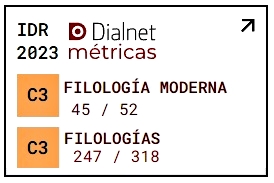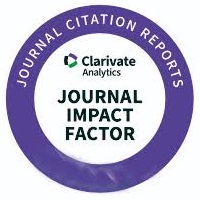Actualidad de los Opúsculos morales
DOI:
https://doi.org/10.7203/zibaldone.12.29350Keywords:
Giacomo Leopardi, Operette morali, Modernity, Life-force Abstract
Abstract
Two hundred years after its composition, the Moral Tales continue to stand out for their moral force in the interpretation of Giacomo Leopardi, the last of the ancients, but also, in the light of its relevance, the first of the moderns. The article reflects on the essential philosophical nodes of the book, highlighting the close link that exists, in Leopardi’s thought, between despair of life and love of it. The aspects addressed concern the life-happiness debate in the triptych Malambruno e Farfarello, Natura e Anima, Fisico e Metafisico; the consideration of modern civilization through the reasoning that from the Sillografi arrives at Tristano; the places of dwelling in the sociological observation of cultural processes offered by Parini. Leopardi’s open oscillation between lucid delusion and stubborn vitalism is verified, in the context of a progression, widely studied by specialist critics, that goes from the sensist-existential reflection on unhappiness to the cosmic-materialist conception of solid-nothingness.
 Downloads
Downloads
Downloads
Published
How to Cite
-
Abstract49
-
PDF (Español)20
Issue
Section
License
![]()
This work is licensed under a Creative Commons Attribution 4.0 International License.
All contents of this electronic edition, except where otherwise noted, are distributed under a “Creative Commons Attribution 4.0 International License.” license (CC-by). You may read here the basic information and the legal text of the license. The indication of the license CC-by must be expressly stated in this way when necessary.
Self-archiving in repositories, personal webpages or similar, of any version other than the published by the Editor, is not allowed.






